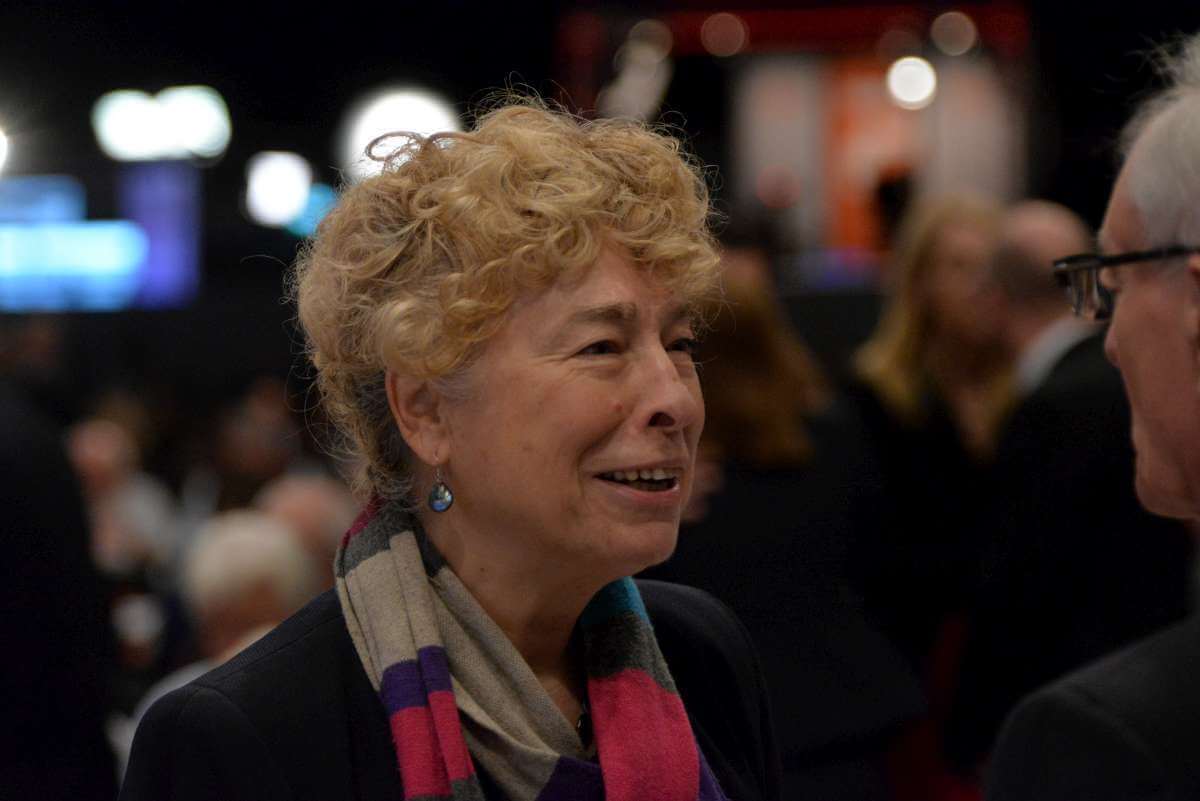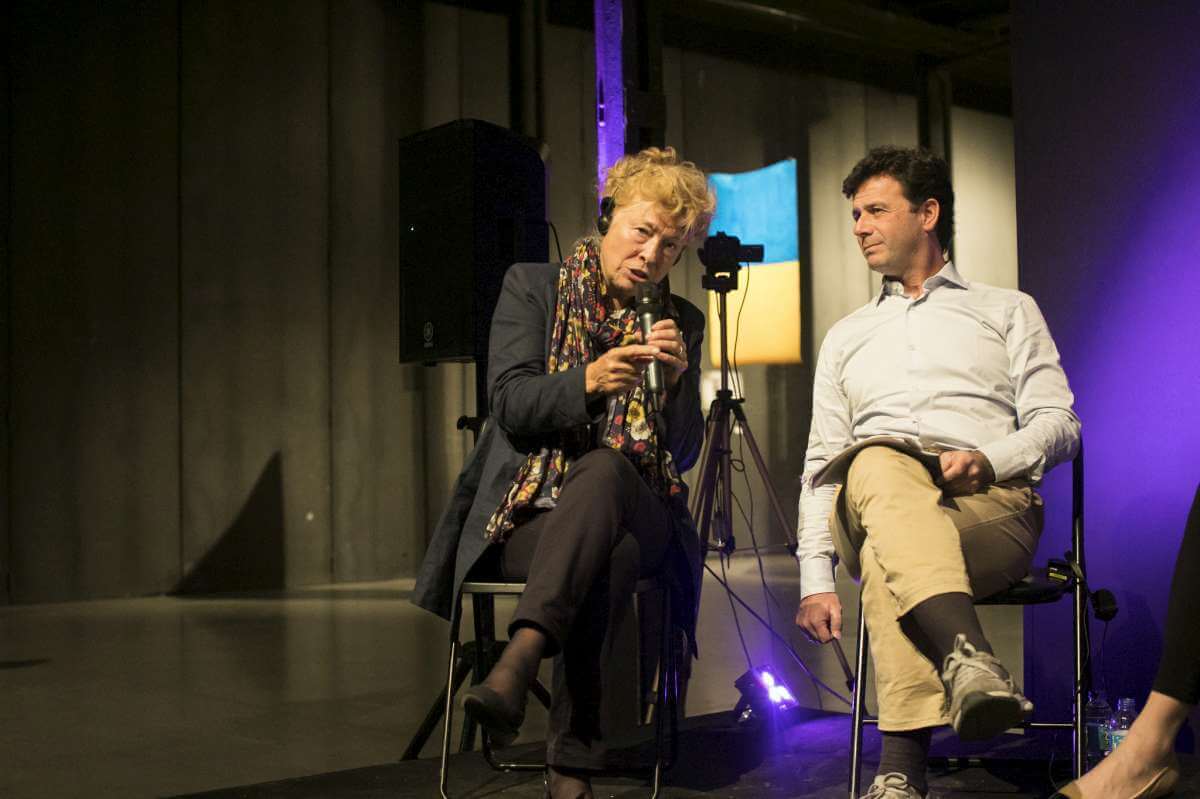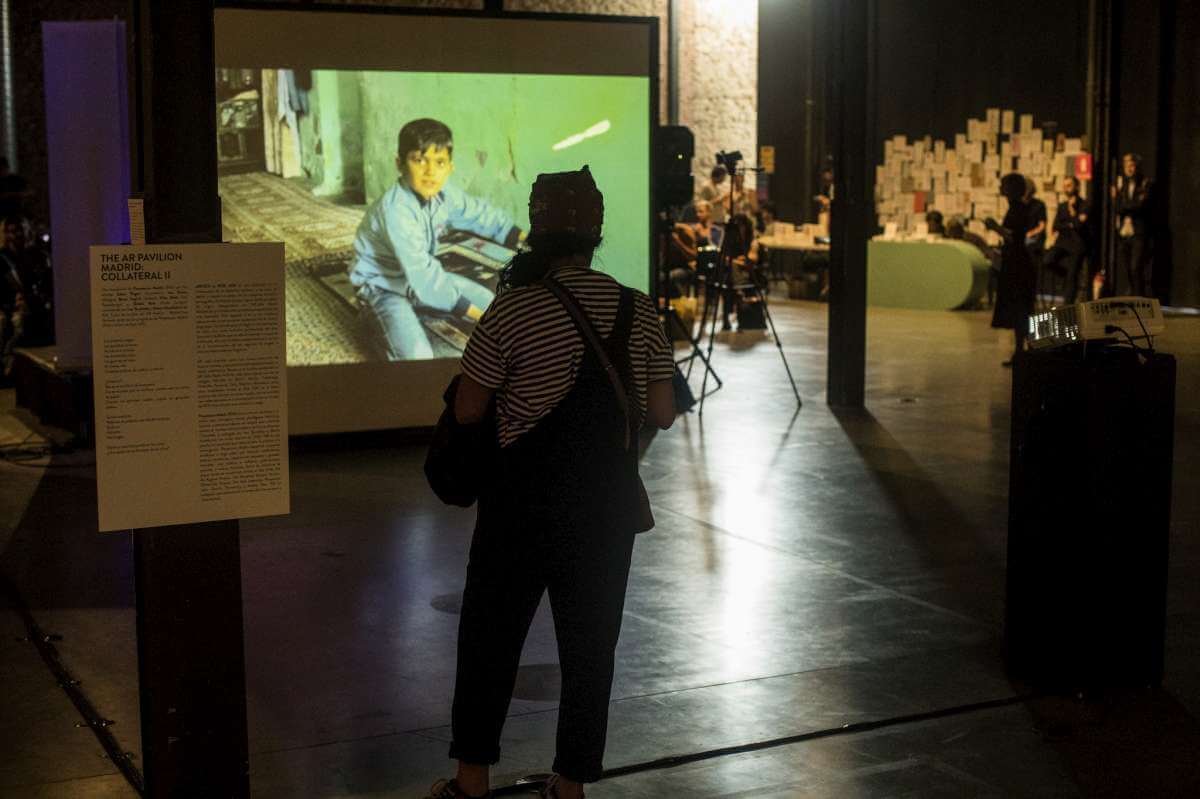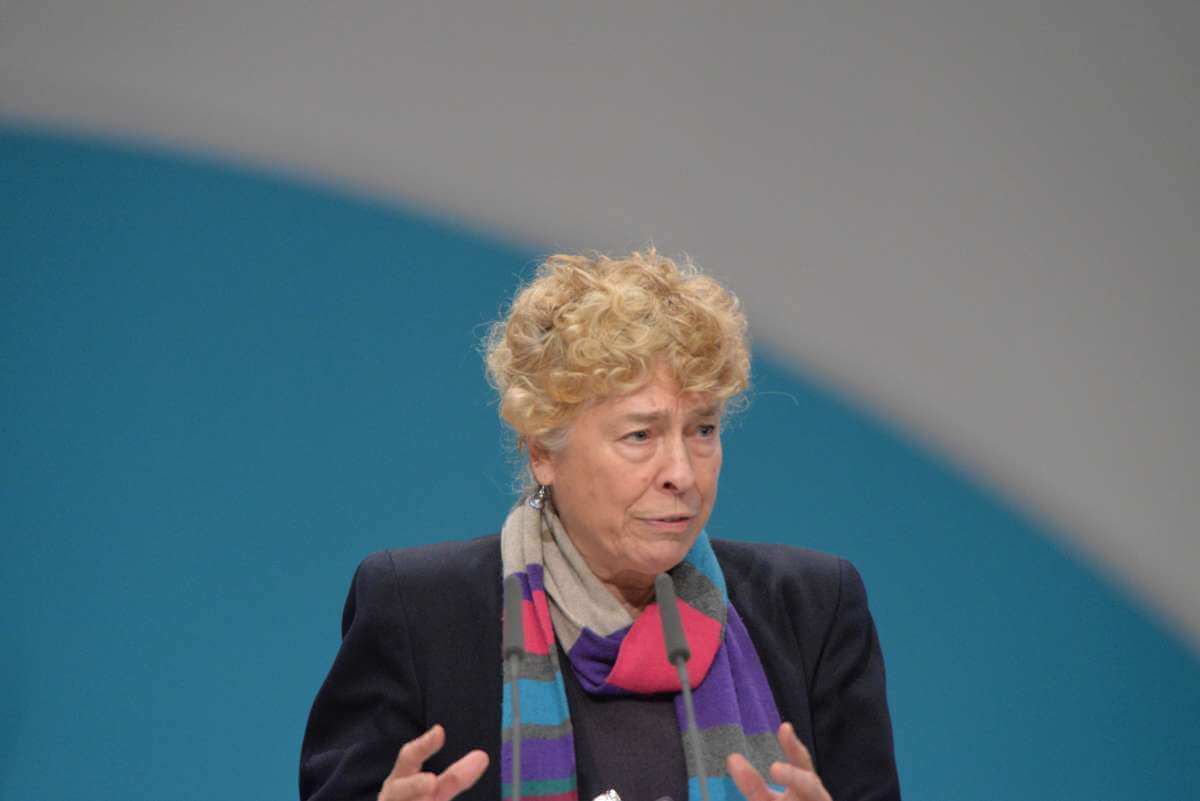The European Union desperately needs a realistic, and human rights-oriented, border and migration policy. The present situation puts the EU in a dangerous position of dependency on the Turkish President Erdogan, presumes African countries to be safe when they clearly are not, and considers North African countries as possible migration-policy partners, when they are neither coherent States, nor safe and observing of minimal human rights standards.

The general political objectives of (1) overcoming the causes of migration; (2) supporting countries close to migration origins in hosting refugees; and (3) realising the Europeanisation of the border regime, are all necessary steps. But alone, they are insufficient. The idea of “outsourcing” migration control to countries outside the EU is not realistic in the long-run. It also undermines the fundamental values of the EU. The EU’s current border and migration policy, which implicitly and inevitably leads to a “Fortress” Europe scenario, is already undermining the openness of our society, and indeed will create new internal borders.
The EU’s current border and migration policy will create new internal borders.
The urgent need for a sustainable value-oriented approach to migration – which in the long-run needs to be combined with a European immigration policy – has been aggravated by the inability of the EU to find a concrete solution for the integration of refugees in Europe as a whole. For many reasons, a top-down distribution is condemned to fail. Therefore, we need a bottom-up alternative, led by municipalities and cities that have an interest in voluntarily integrating refugees, for both humanitarian reasons, and for their own gains.

A number of cities and municipalities all over Europe have already declared their readiness to welcome refugees, including cities in Central Europe, be it for demographic or other reasons. What these cities need are financing options for the costs of integration and related issues. In order to stimulate as many hosts for refugees as possible, the financing should include a palpable “overhead” for the cities’ own needs, in order to encourage broad social support in undertaking the long-lasting process of integration within the cities.
A number of cities and municipalities all over Europe have already declared their readiness to welcome refugees.
In the meantime, national governments, which at present are not finding a shared solution within the European Council, hold the legal decision-making power on immigration, and most of the political decision-making power on operationalising European financing. Cooperation between the State and the municipality level, therefore, needs to be strengthened and deepened. By demonstrating the possibilities for refugee integration, cities and municipalities can help their national governments fulfil their duties. This will have a positive impact on their mutual cooperation and communication.

Making available a European funding tool for integrating refugees, which cities and municipalities would be able to apply for, would realise three objectives at once:
1. Establish a humanitarian solution for the settlement of refugees in Europe;
2. Revive a European commitment by bottom-up citizen-led participation, and;
3. Instigate a decentralised sustainable growth initiative on a local level, to overcome unemployment.
There would, however, be certain obstacles to overcome, requiring the following steps:
Convincing national governments that this strategy is in their interest, allowing them to fulfil their legal and moral duties, and to revive their economy;
Finding simple and uncomplicated ways for financing the integration costs for cities and municipalities. Their own contribution could be financed, for example, by a cheap EIB credit;
Identifying ways to match the interests of refugees with welcoming municipalities in such a way that refugees are likely to stop and settle there.
This could mark a turning point and the deepening decentralisation of the EU.
The application of the municipalities should be as easy as possible, whilst of course including the following minimal standards:
– A multi-stakeholder governance model, in order to gain broad support within the cities. The application should be prepared by a range of stakeholders, including from the worlds of politics, business and organised civil society;
– An integration strategy for the whole municipality must be included;
– It is also necessary to have an anti-corruption strategy, and;
– A macroeconomic vision for creating jobs and sustainable growth.

In the long-term, the European Council would need to permit the creation of a trust fund attached to the EIB, governed in such a way as to control, but also to make it easier for cities to apply for the financing of refugees and of necessary infrastructure.
In the short-term, a pilot project could be launched by a group of European cities that aim to facilitate refugee integration according to this model, and for this reason would be looking to find financial support. This could be managed within the framework of a “Union Action”, as an extraordinary measure. This would allow for the testing of the viability of this strategy, and mark the beginning of a visible European “revival”, which would empower citizens and strengthen their identification with the European Union, thanks to participation and the sharing of common projects.
This could mark a turning point and the deepening decentralisation of the EU, avoiding a tendency towards centralisation, as well as renationalisation.
***
![Political Critique [DISCONTINUED]](https://politicalcritique.org/wp-content/uploads/2015/09/Political-Critique-LOGO.png)
![Political Critique [DISCONTINUED]](https://politicalcritique.org/wp-content/uploads/2015/09/Political-Critique-LOGO-2.png)